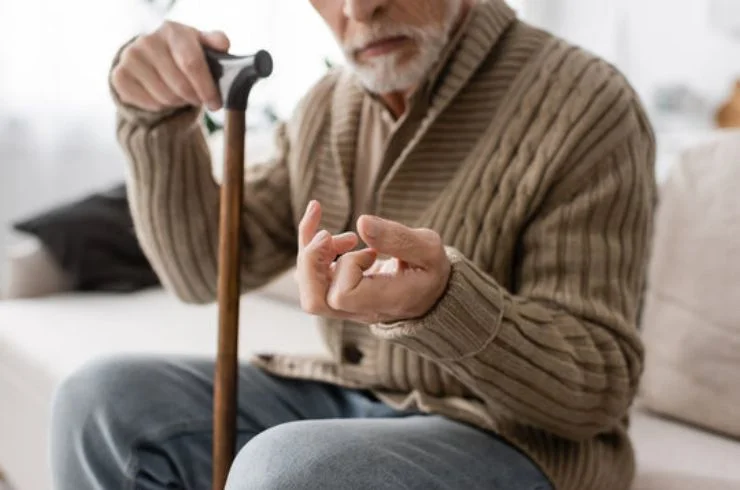Parkinson’s Disease

What is Parkinson’s Disease?
Parkinson’s disease is a progressive neurological disorder that affects movement. It occurs when nerve cells in the brain that produce dopamine, a neurotransmitter responsible for coordinating movement, become damaged or die. This reduction in dopamine leads to a range of motor symptoms, including tremors, stiffness, slowness of movement, and balance difficulties. While Parkinson’s disease primarily affects older adults, it can also occur in younger individuals. Understanding the nature of this condition is essential for patients and their families, as it can significantly impact daily life and overall well-being.
Causes and Symptoms
The exact cause of Parkinson’s disease remains unknown, but several factors may contribute, including genetic predisposition and environmental influences. Symptoms typically develop gradually and can vary from person to person.
Common early signs include subtle tremors, changes in handwriting (micrographia), and a decrease in facial expressions (masked face). As the disease progresses, patients may experience muscle rigidity, postural instability, and challenges with coordination and balance. Non-motor symptoms, such as depression, anxiety, sleep disturbances, and cognitive changes, can also occur, emphasizing the need for a comprehensive approach to care.
Treatment and Support
While there is currently no cure for Parkinson’s disease, various treatment options can help manage symptoms and improve quality of life. Medications such as levodopa and dopamine agonists can help replenish or mimic dopamine in the brain, alleviating motor symptoms. In addition to medication, physical therapy, occupational therapy, and speech therapy can be beneficial in addressing movement difficulties, improving daily functioning, and enhancing communication skills. Support from healthcare professionals, caregivers, and support groups is crucial for individuals living with Parkinson’s disease, as they can provide education, resources, and emotional support. With the right treatment and support, many patients can lead fulfilling lives while managing the challenges associated with Parkinson’s disease.